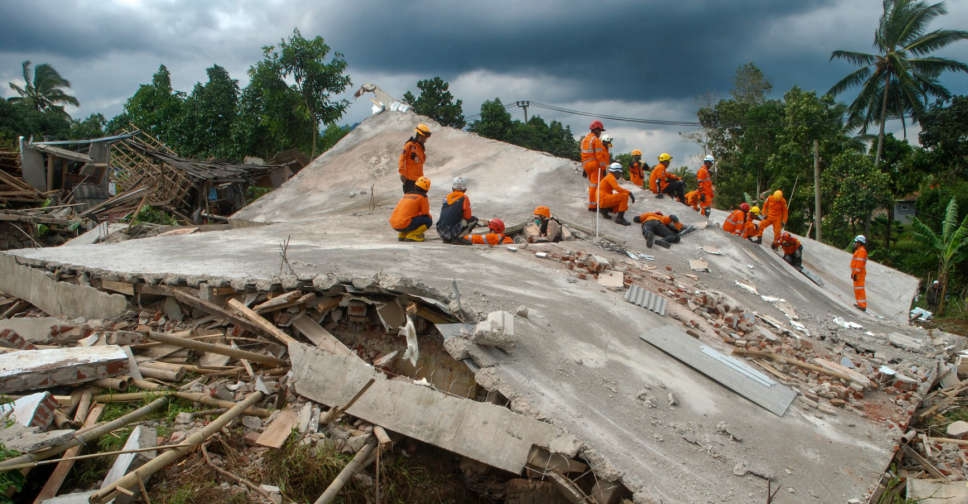
Driving rain and the danger of landslides disrupted Indonesian rescue workers on Wednesday as they searched for survivors of an earthquake that killed 268 people, with an official warning that time was running out for anyone trapped in rubble.
Monday's 5.6-magnitude quake caused extensive damage in the town of Cianjur, in mountains about 75 km south of the capital, Jakarta, and the death toll has risen steadily as rescue workers find victims. More than 150 people are missing.
Recovery efforts on a rainy Wednesday focussed on Cugenang, one of the worst-hit districts, where at least one village is believed to have been buried under a landslide.
Helicopters were due to drop emergency supplies to two villages cut off by landslides that blocked roads, said Henri Alfiandi, chief of the search and rescue agency.
He said the chances of anyone trapped in rubble surviving three days after a quake were increasingly slim but the danger of aftershocks triggering more landslides down rain-soaked slopes had delayed his teams.
"Because the quake was quite strong and raining, we feared there would be landslides. But we have continued the evacuation process now," Henri told Reuters.
Authorities were working to bring in more heavy machinery to clear landslides but in the meantime people are digging with bare hands, hoes, sticks and crowbars, to search for their relatives and neighbours, video images showed.
More than 1,000 police officers have been drafted in to help rescue teams.
Officials said there had been more than 160 aftershocks including a 3.9 magnitude one on Wednesday afternoon.
Henri said helicopters would drop food and water to two villages that could not be reached by road and would bring tents on Thursday.
At a Cianjur hospital, patients were being treated outside in tents due to the fear of aftershocks, a member of staff said.
Health Minister Budi Gunadi Sadikin said there was an urgent need for extra help for patients in quake-damaged hospitals.
"My priority is no more deaths," he said. "The first priority is to make sure that badly injured patients are being taken care of, so they can survive."
Indonesia is one of the world's most earthquake-prone nations, regularly recording strong earthquakes offshore where fault lines run.
But Monday's quake was so deadly because it struck a densely populated area at a shallow depth of just 10 km (6 miles).
Poor building standards led to many deaths, officials said.
President Joko Widodo called for earthquake-proof housing to be included in reconstruction efforts when he visited the disaster zone on Tuesday.



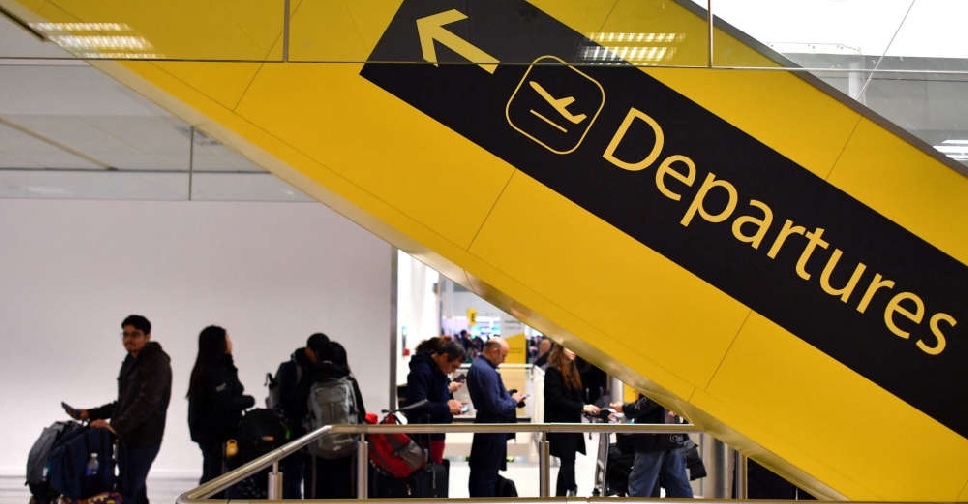 Gatwick Airport reopens terminal following security alert
Gatwick Airport reopens terminal following security alert
 Pro-Palestinian NGOs sue Dutch government over Israel support
Pro-Palestinian NGOs sue Dutch government over Israel support
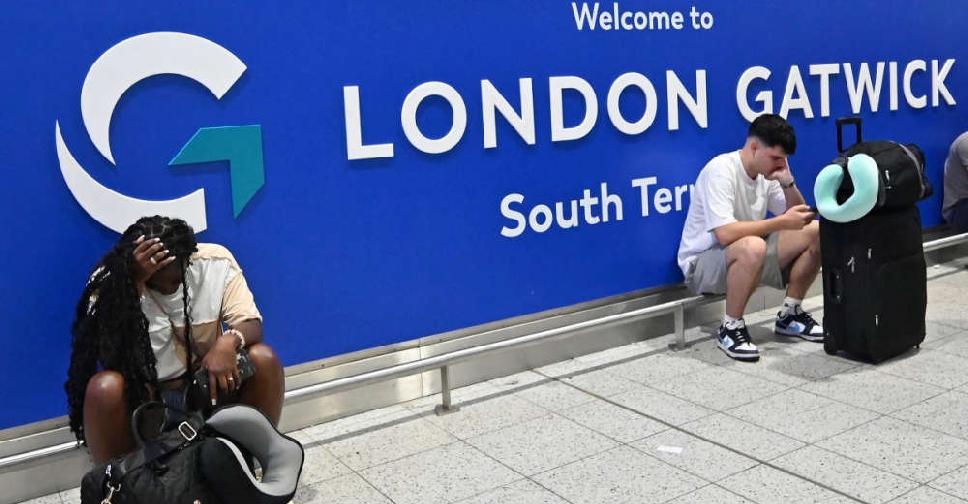 London's Gatwick Airport evacuates terminal due to security incident
London's Gatwick Airport evacuates terminal due to security incident
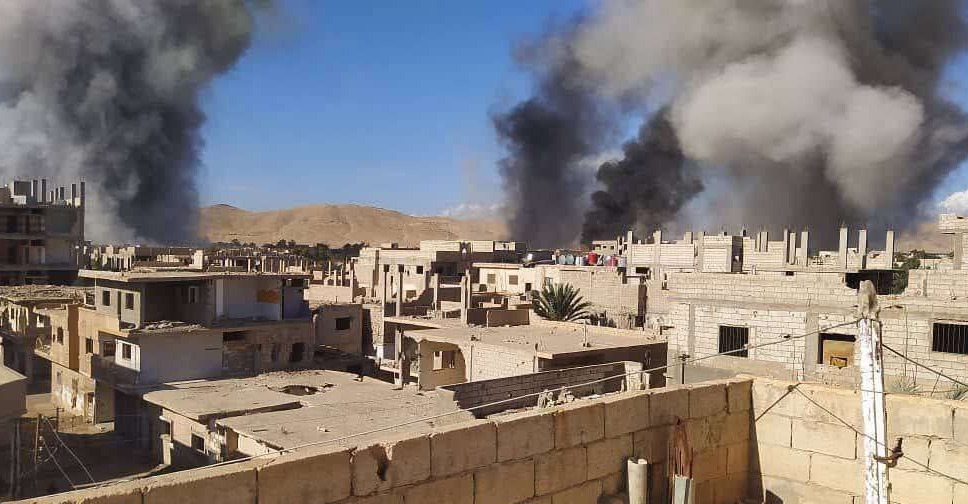 Monitor: Toll from Israeli strikes on Syria's Palmyra rises to 92
Monitor: Toll from Israeli strikes on Syria's Palmyra rises to 92
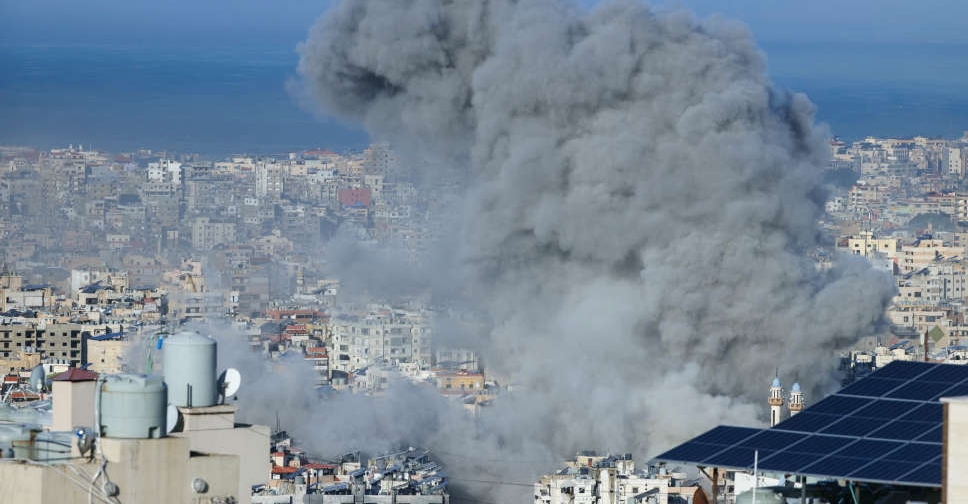 Israeli strikes kill 52 people in Lebanon
Israeli strikes kill 52 people in Lebanon






